Still using Internet Explorer? Hackers could take over your PC without this patch
Microsoft issues emergency fix for IE as it tries to shift customers onto Edge browser

As Microsoft customers debate over whether to upgrade to Windows 10 and its brand new browser, Edge, the company has been forced to patch for a critical Internet Explorer bug.
The emergency fix was published outside of Redmond's usual Patch Tuesday monthly schedule, and seeks to fix a zero-day vulnerability affecting IE7 through to IE11 that allows hackers to remotely control PCs.
Dubbed CVE-2015-2502, the exploit would enable cyber criminals to perform remote code execution issuing commands for a PC remotely if a user is directed to malicious websites hosting specially crafted webpages.
Lane Thames, software development engineer and security researcher at cybersecurity firm Tripwire, said: "This memory corruption vulnerability exists because IE does not properly manage certain objects in memory."
All a user needs do is visit the malicious webpages, with no further action required to trigger the bug.
Security blogger Graham Cluley explained in a Tripwire blog post: "Once a computer has been successfully compromised, the attacker would have the same user rights as the current user meaning that if you are logged in with admin rights, the hacker could take complete control of your PC."
The vulnerability is rated critical for Windows non-Server operating systems, but only moderate for Windows Server platforms including Server 2008, 2008 R2, Server 2012 and 2012 R2.
Get the ITPro daily newsletter
Sign up today and you will receive a free copy of our Future Focus 2025 report - the leading guidance on AI, cybersecurity and other IT challenges as per 700+ senior executives
While Windows 10 browser Edge is not affected by the bug, it is rated as critical for users of IE11 on the 32-bit and 64-bit versions of Windows 10.
-
 Cleo attack victim list grows as Hertz confirms customer data stolen
Cleo attack victim list grows as Hertz confirms customer data stolenNews Hertz has confirmed it suffered a data breach as a result of the Cleo zero-day vulnerability in late 2024, with the car rental giant warning that customer data was stolen.
By Ross Kelly
-
 Lateral moves in tech: Why leaders should support employee mobility
Lateral moves in tech: Why leaders should support employee mobilityIn-depth Encouraging staff to switch roles can have long-term benefits for skills in the tech sector
By Keri Allan
-
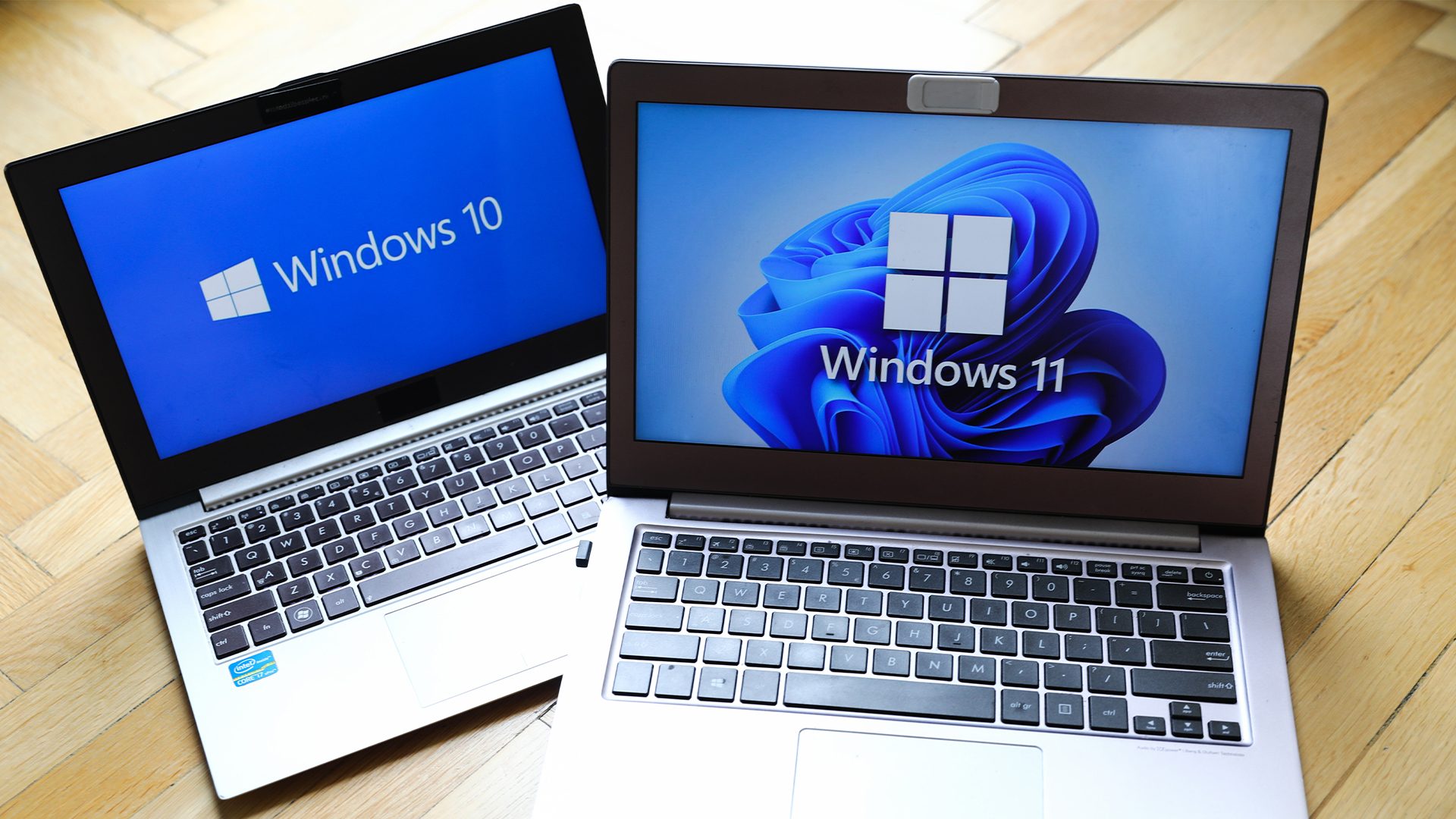 Dragging your feet on Windows 11 migration? Rising infostealer threats might change that
Dragging your feet on Windows 11 migration? Rising infostealer threats might change thatNews With the clock ticking down to the Windows 10 end of life deadline in October, organizations are dragging their feet on Windows 11 migration – and leaving their devices vulnerable as a result.
By Emma Woollacott
-
 Recall arrives for Intel and AMD devices after months of controversy
Recall arrives for Intel and AMD devices after months of controversyNews Microsoft's Recall feature is now available in preview for customers using AMD and Intel devices.
By Nicole Kobie
-
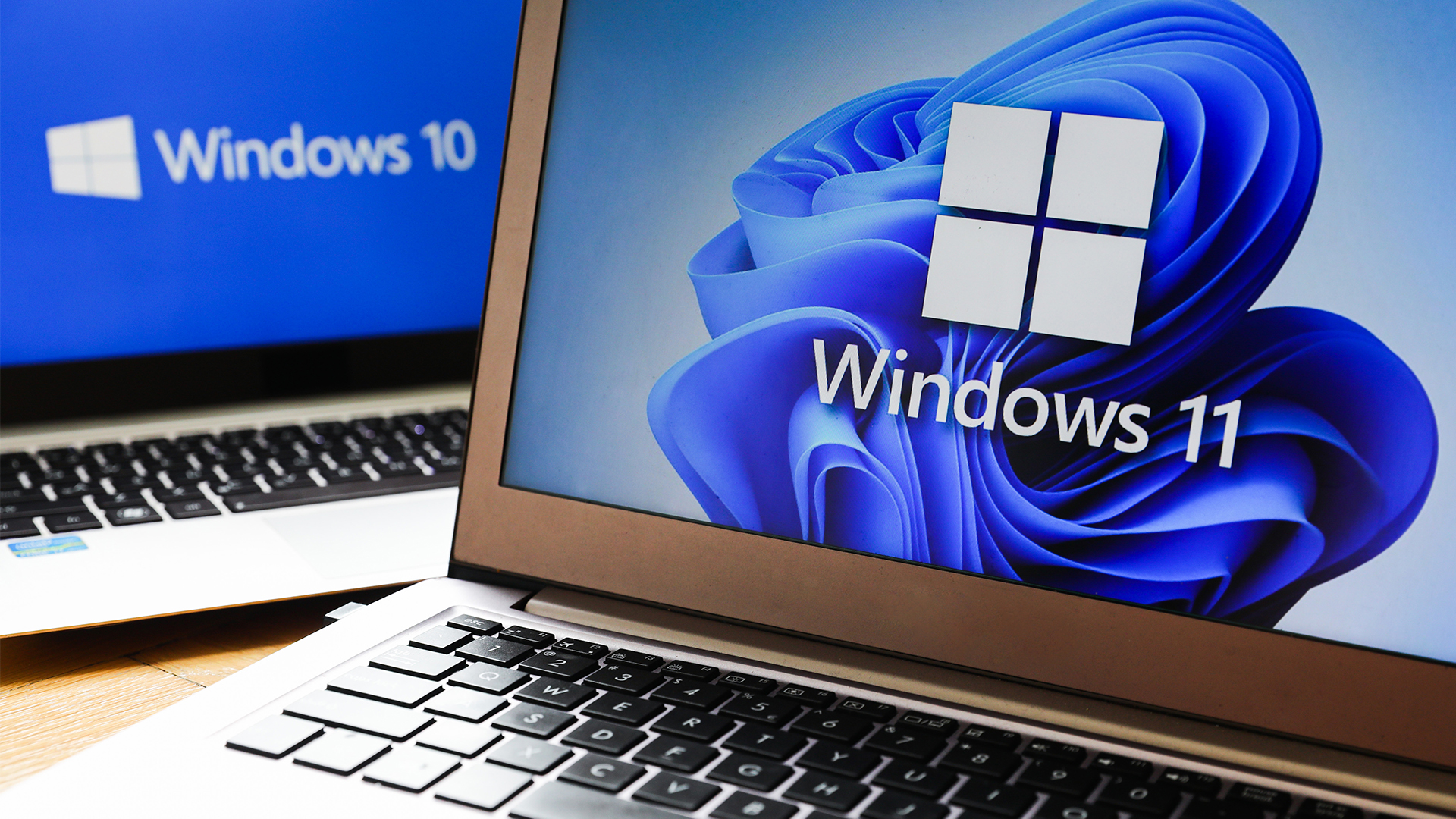 With one year to go until Windows 10 end of life, here’s what businesses should do to prepare
With one year to go until Windows 10 end of life, here’s what businesses should do to prepareNews IT teams need to migrate soon or risk a plethora of security and sustainability issues
By George Fitzmaurice
-
 Microsoft is doubling down on Widows Recall, adding new security and privacy features – will this help woo hesitant enterprise users?
Microsoft is doubling down on Widows Recall, adding new security and privacy features – will this help woo hesitant enterprise users?News The controversial AI-powered snapshotting tool can be uninstalled, Microsoft says
By Nicole Kobie
-
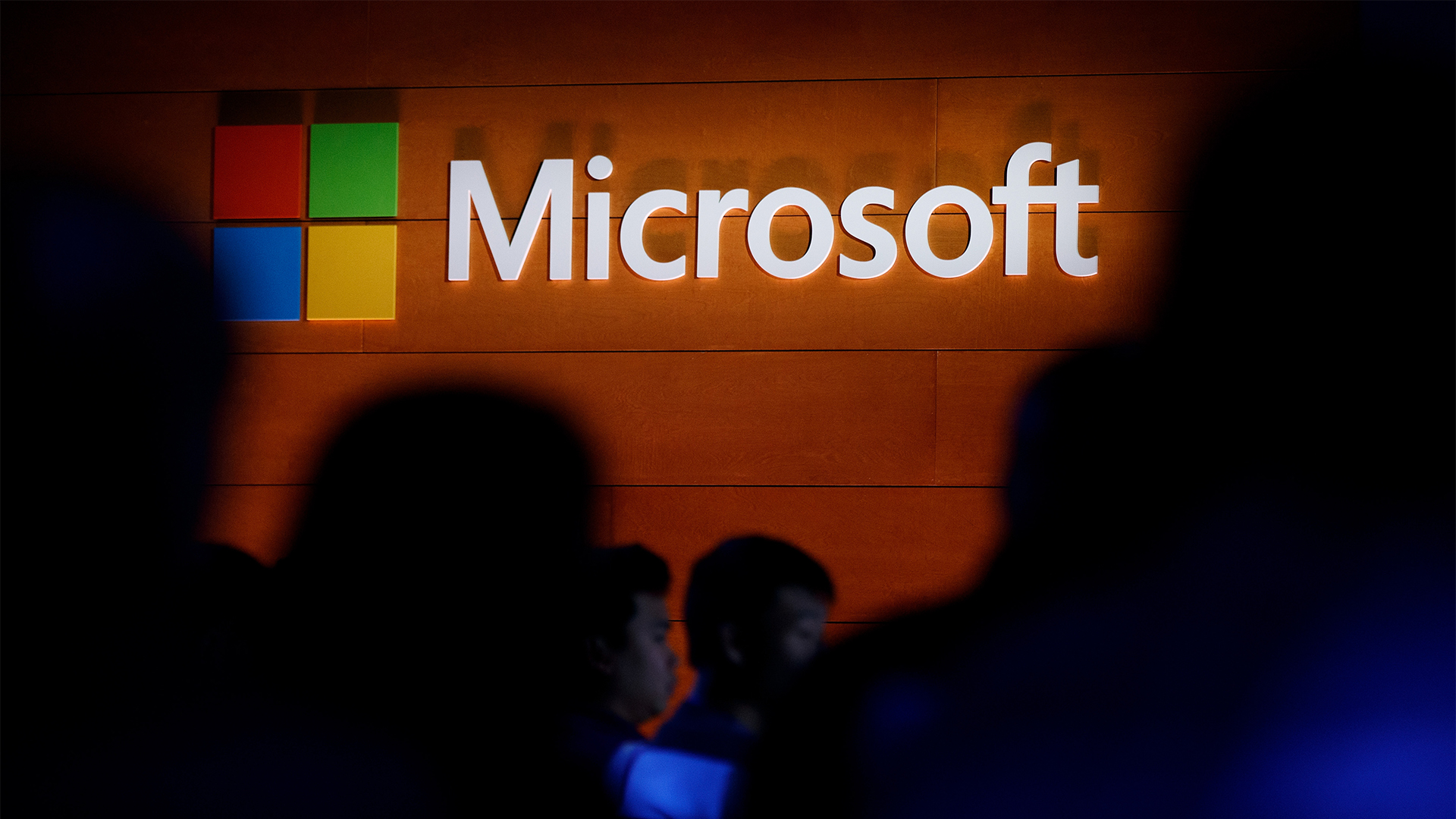 Microsoft patches rollback flaw in Windows 10
Microsoft patches rollback flaw in Windows 10News Patch Tuesday includes protection for a Windows 10 "downgrade" style attack after first being spotted in August
By Nicole Kobie
-
 Companies “wary” of Windows 11 migration challenges as Windows 10 EOL draws closer
Companies “wary” of Windows 11 migration challenges as Windows 10 EOL draws closerNews A recent study shows that only a fraction are running Windows 11, despite a rapidly-approaching end of life deadline
By George Fitzmaurice
-
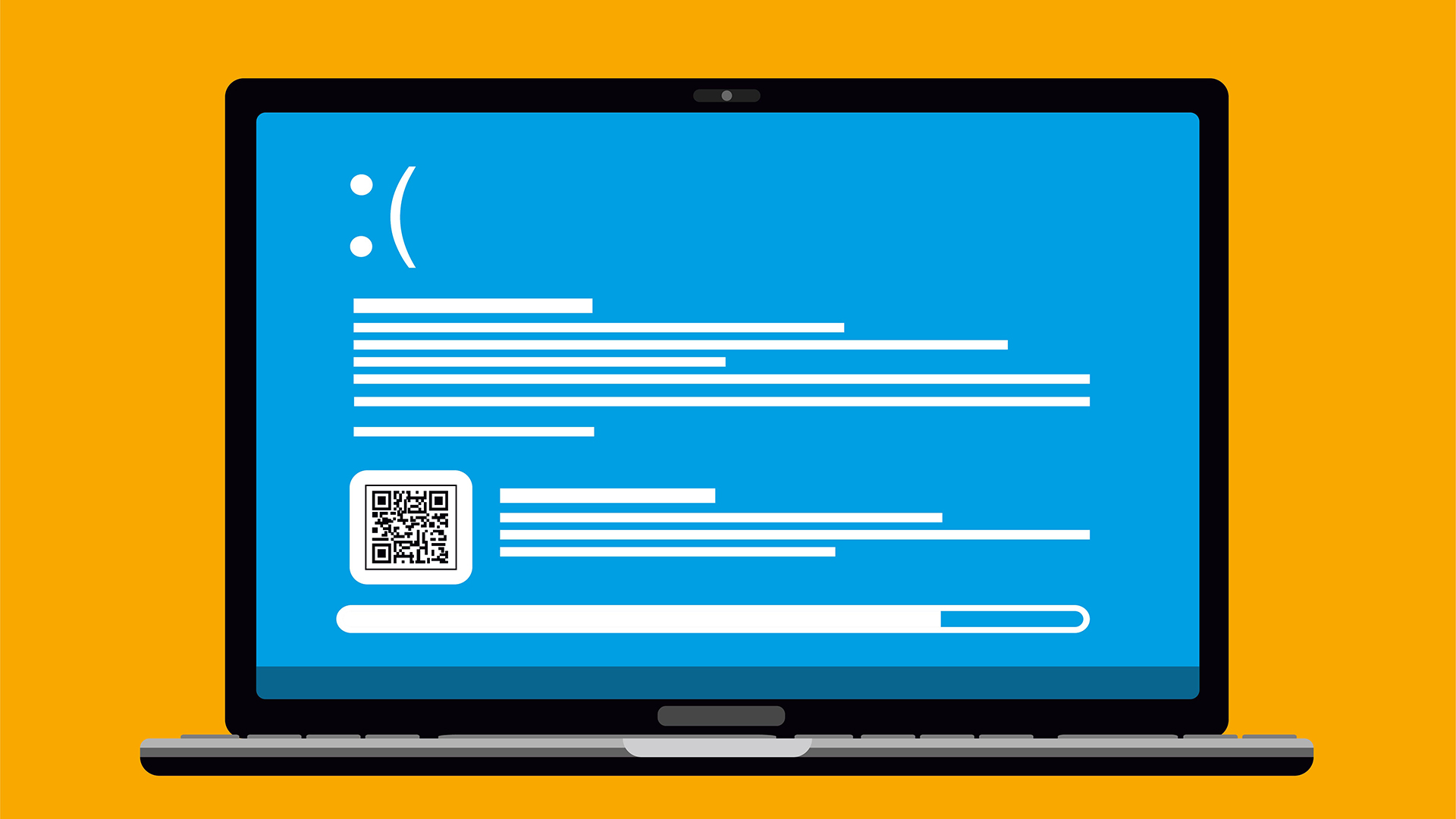 New Windows vulnerability could repeatedly trigger the blue screen of death on millions of devices
New Windows vulnerability could repeatedly trigger the blue screen of death on millions of devicesNews Attackers could exploit the Windows vulnerability to repeatedly crash machines and trigger a blue screen of death, according to researchers at Fortra
By Solomon Klappholz
-
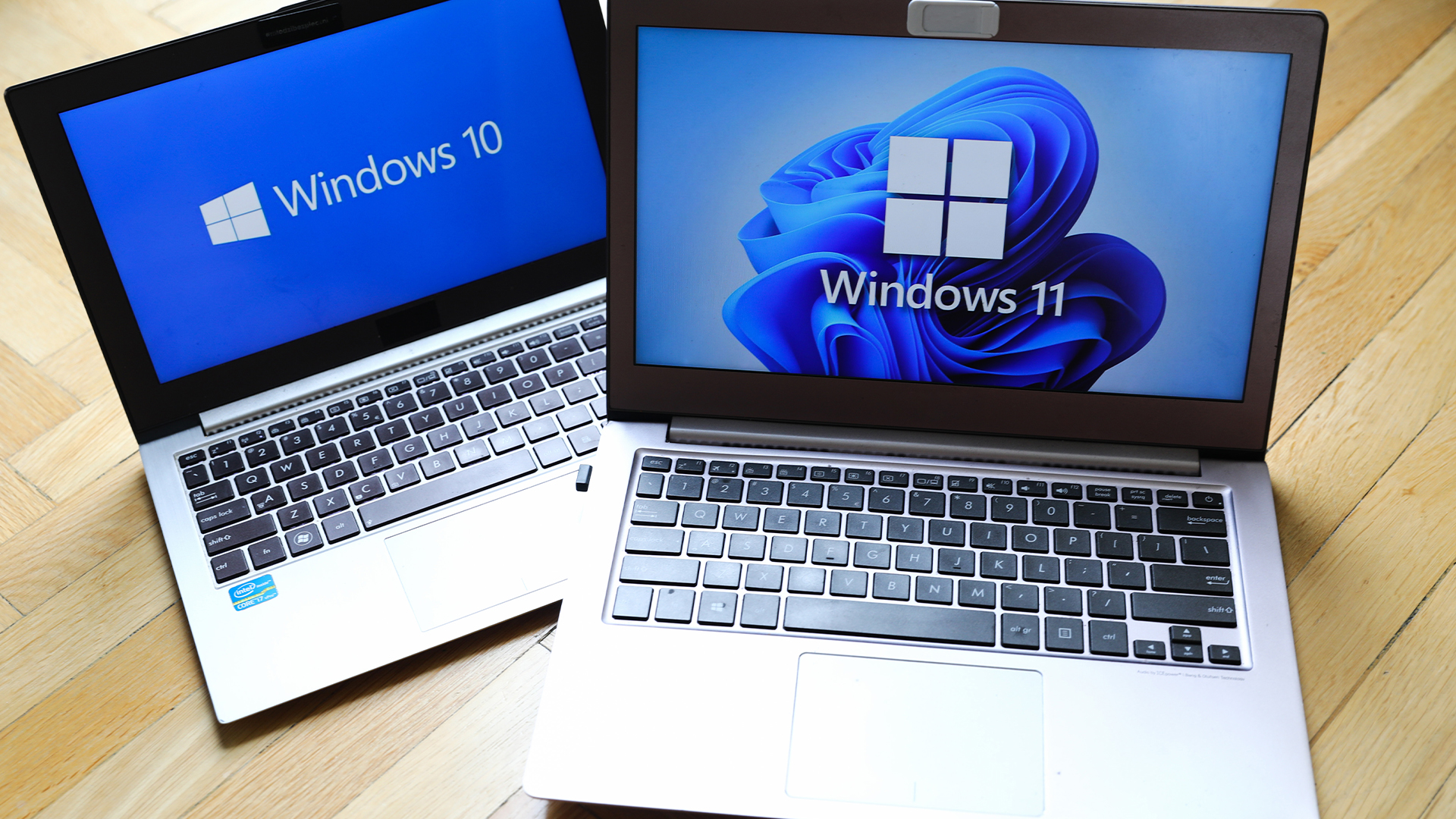 Here’s how much Windows 10 could cost if you don’t upgrade this year
Here’s how much Windows 10 could cost if you don’t upgrade this yearNews Windows 10 extended security updates will cost users dearly, with prices rising incrementally each year.
By George Fitzmaurice